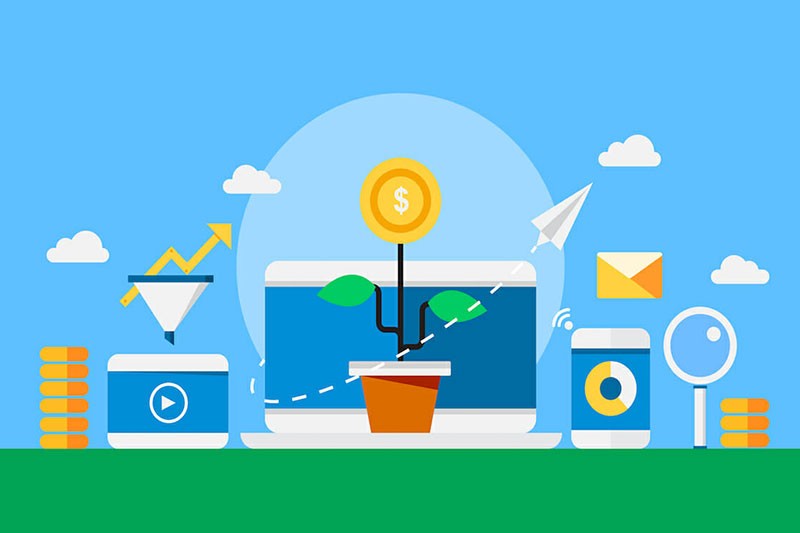How Do You Nurture Lead Generation?
One thing is for certain, any relationship requires some nurturing and care to be successful. A buyer and seller relationship are no different from this phenomenon, it needs proper attention and care at every stage.
In this article, we will cover:
- What is lead nurturing?
- Why should you invest time in lead nurturing?
- Strategies for lead nurturing
1. What is Lead Nurturing?
Before we dive into the entire lead nurturing process, let’s first understand what is lead generation?
Say you have a school supplies business. To increase your sales and work on your marketing, you need to first understand who you should market to. In this case, it would be parents of kids around the age group of 6-18 along with teenagers. You will then try to form contact with people who fall under this category. That is what we call in simple terms, lead generation or identifying your prospective customers and contacting them.
On the other hand, lead nurturing is the process of guiding and forming a relationship with your leads. Let us take the above example again. Contacting these parents and kids at the correct time, providing relevant information and timely follow-ups are the key players of this process.
This is because, when you look at the sales funnel, a prospective buyer may get confused at various stages of this funnel. In such a situation, it is important to nurture your intended buyer and direct them through this funnel. This is an important step to increase your brand’s sales and brand awareness.
2. Why Should You Invest Time in Lead Nurturing?
You might be generating leads, but the fact is that it is quite difficult to convert those leads to actual customers. There could be various reasons behind this like longer sales cycles, weak marketing strategy, increasing competition, or even loopholes in your sales strategy.
Here are some important statistics to back this claim:
- According to Marketo, out of all of your website traffic, about 96% is not yet ready to convert.
- According to Marketing Donut, around 63% of people searching for your company will not end up making any purchase for at least three months.
- Lead nurturing leads to an increase of 50% in qualified or sales-ready leads.
This only goes on to prove the importance of lead nurturing for businesses.
3. Strategies for Lead Nurturing
1. Time matters
Time plays a crucial role in lead nurturing strategy. Numerous studies cite that the ideal time to engage with a lead is within 5 minutes of contact. More importantly, you need to pay attention to your prospective consumer and make sure to provide them with valuable information.
Not forgetting the fact that this information needs to be targeted and customized according to your customer profile. Be mindful of the fact that there is a thin line between being helpful and annoying. In other words, maintain balance in your customer conversations and you will end with an excellent strategy.
2. Customization
A good strategy to gain consumer attention is to use direct language. What we mean to say is, keep your content marketing plan direct, simple, and personalized. If you have invested time in a good buyer persona plan, you won’t wrestle with the concept of personalization.
When you are designing your automated email or content campaign, it will help to keep a few things in mind:
- While drafting the message, keep the customer interests and demographics in mind.
- Keep the content of your message short and extremely relevant to the lead that you are targeting.
3. Use the power of Automation
A buyer’s journey consists of three important stages: Awareness, Consideration, and Decision. Targeting your lead with the correct information at every stage is very crucial. For example, if your audience is currently on the Awareness stage, sending brand awareness content becomes the correct plan of action.
Automation makes it easier to identify the stage at which your customer is and make contact as soon as possible with the best possible message.
Automated email and web push campaigns are crucial aspects of the lead nurturing process. They make it easier to contact your audience quickly and build quality leads.
Both before and after the conversion, nurturing your lead to form a connection requires special skills. Following up with your consumers after the sale is essential to form customer loyalty. This proves that you can’t press the skip button on the lead nurturing process.




